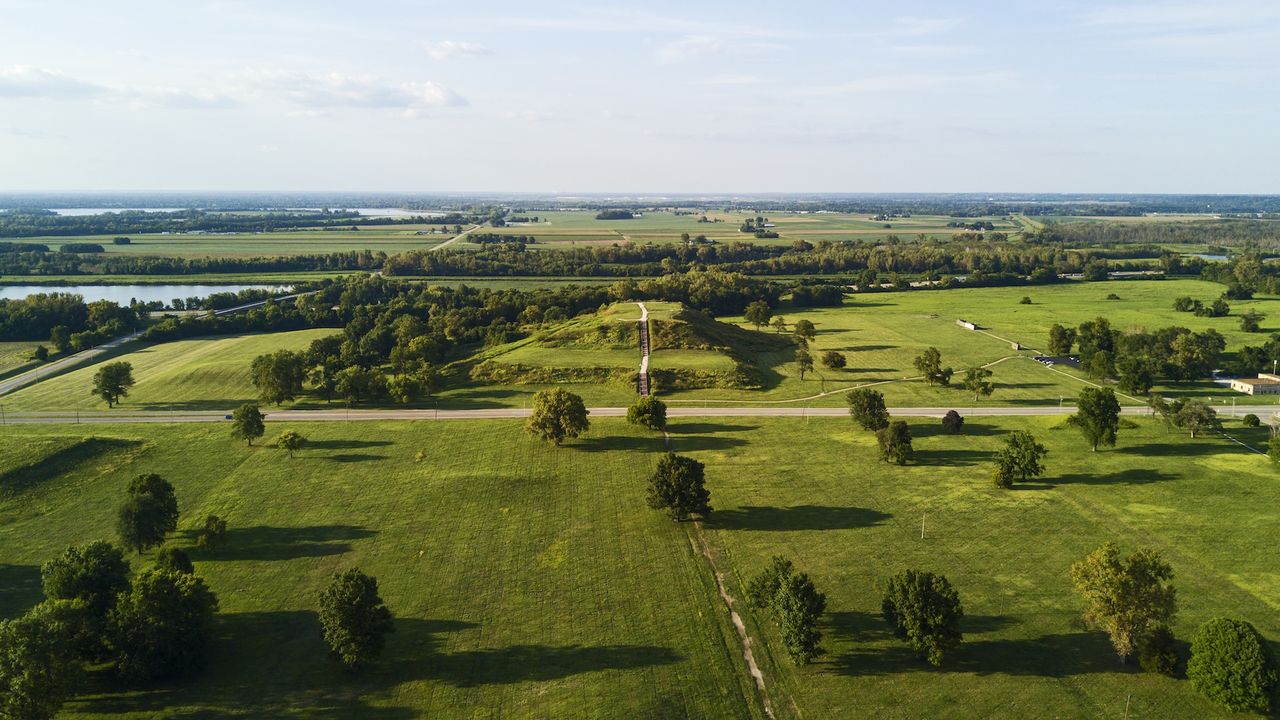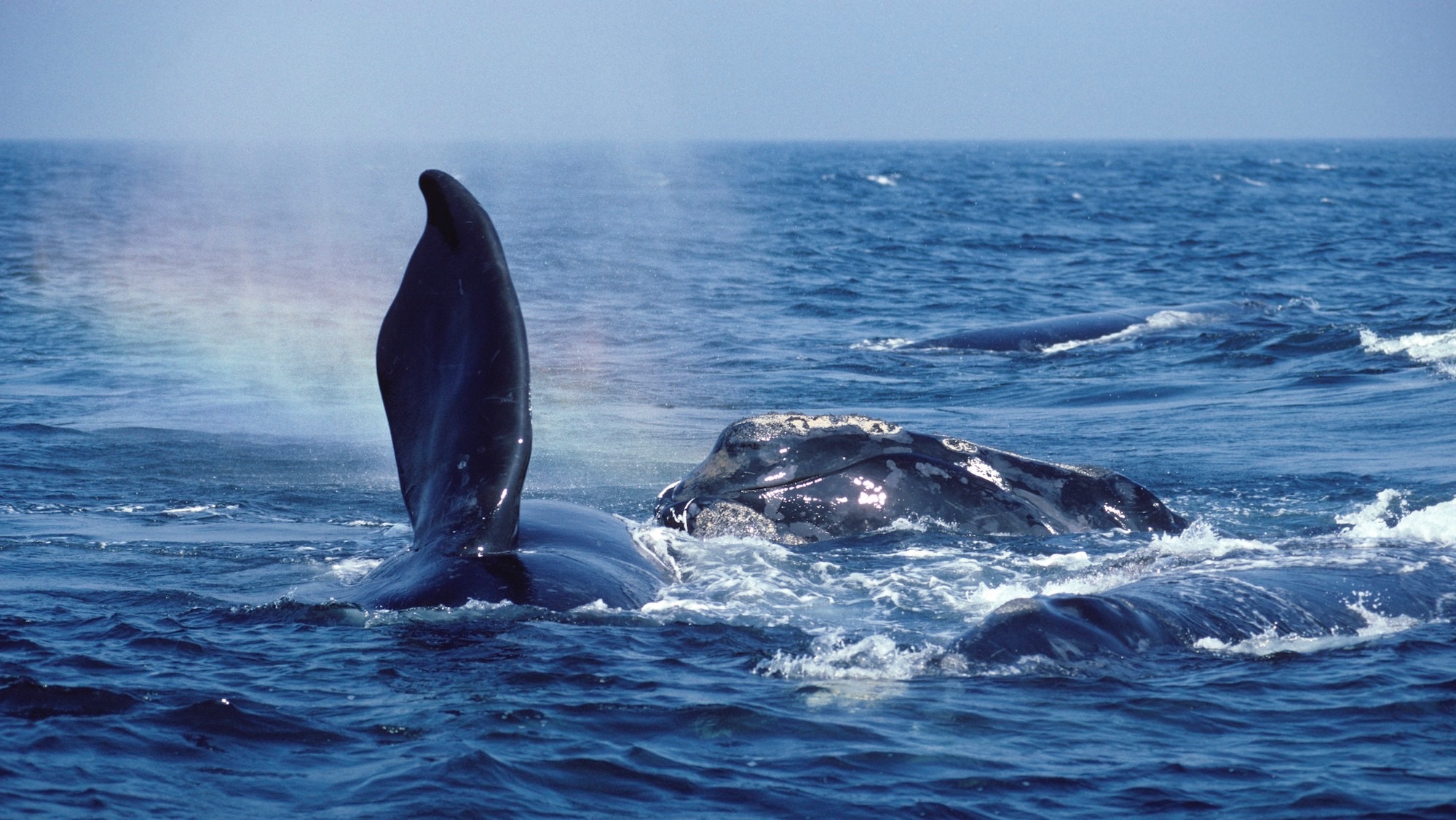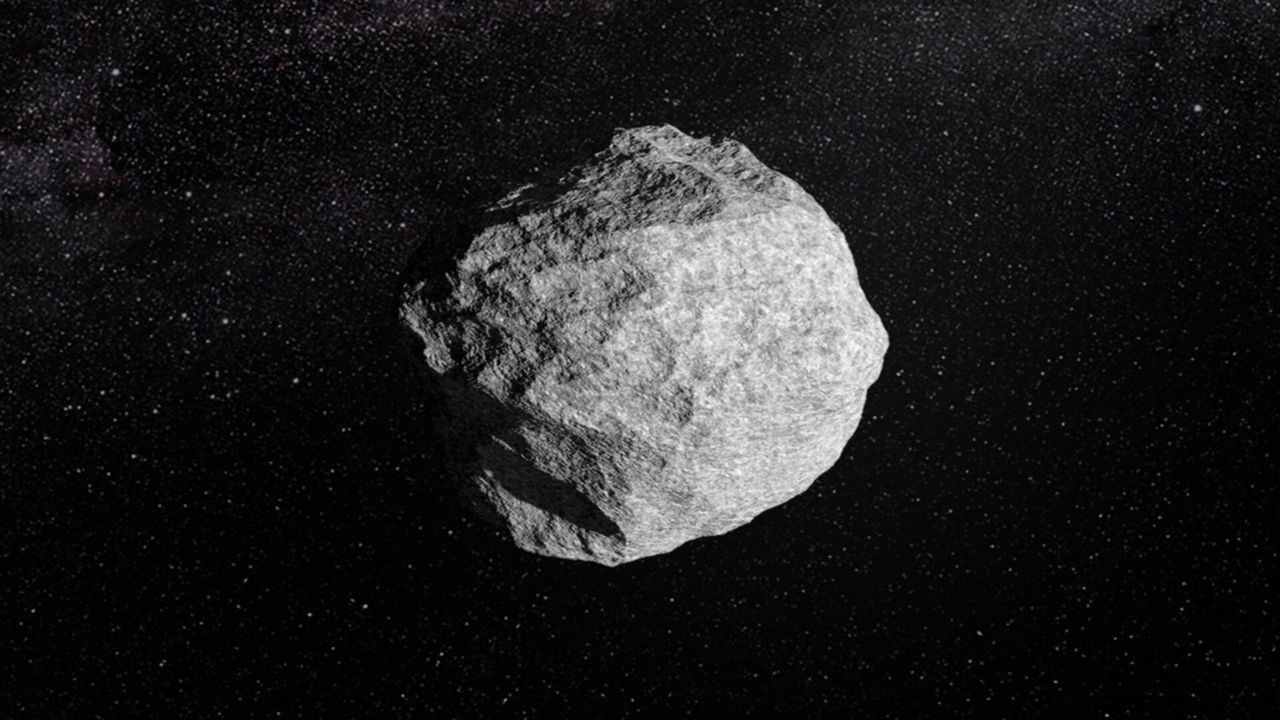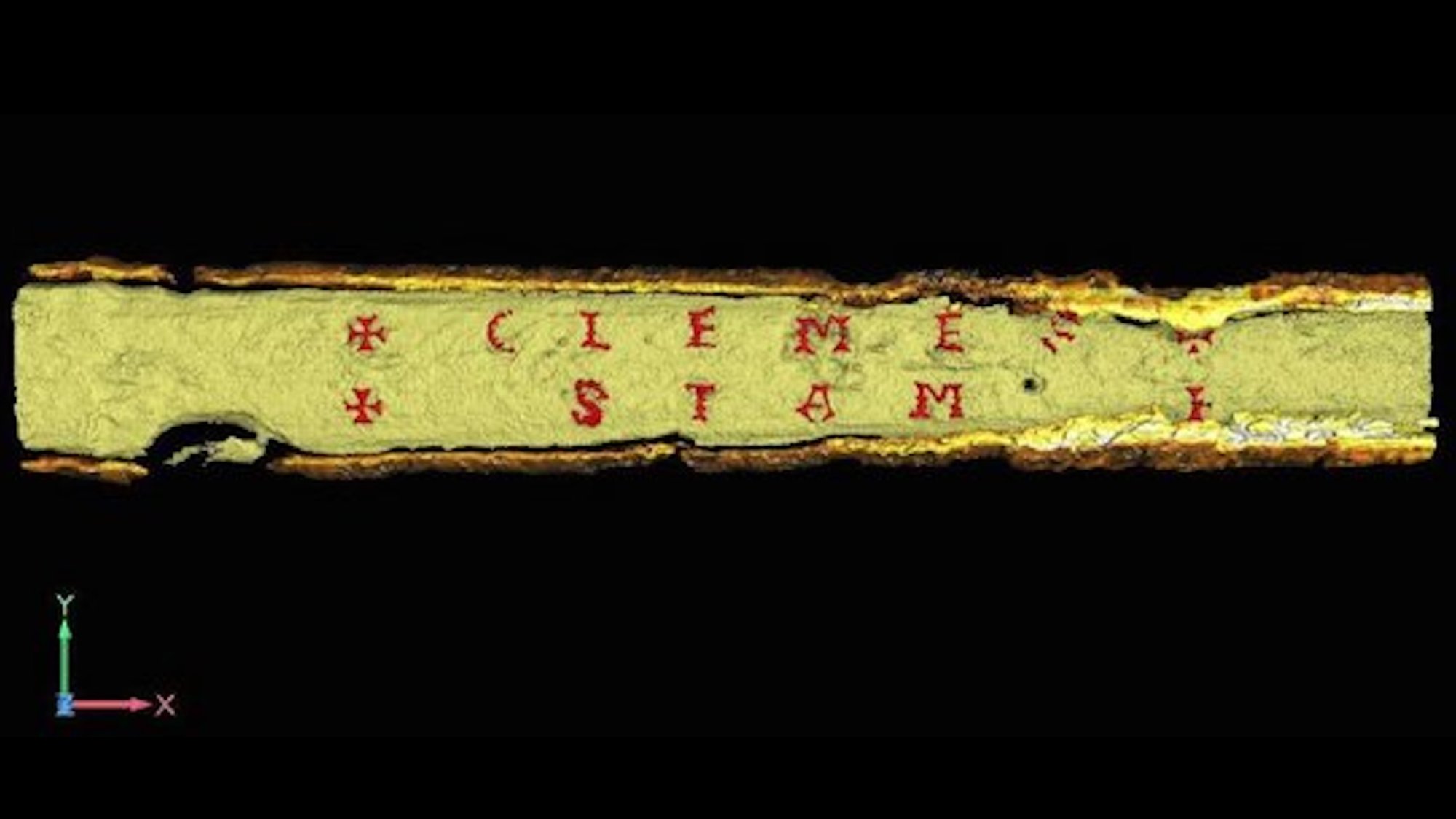Indigenous Americans dragged, carried or floated 5-ton tree more than 100 miles to North America's largest city north of Mexico 900 years ago
PositiveScience

A recent study has revealed that Indigenous Americans transported a massive tree over 100 miles to Cahokia, a pre-Columbian city in Illinois, around 900 years ago. This discovery not only highlights the impressive engineering skills of these communities but also sheds light on their cultural practices and the significance of such monumental trees in their society. Understanding these historical feats helps us appreciate the rich heritage and ingenuity of Indigenous peoples in North America.
— Curated by the World Pulse Now AI Editorial System







